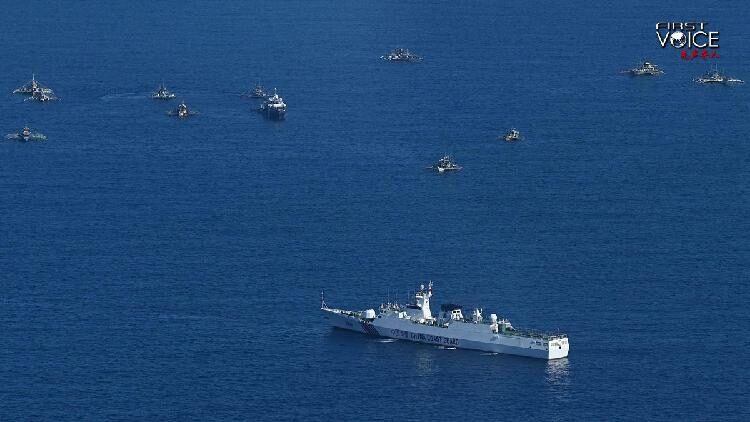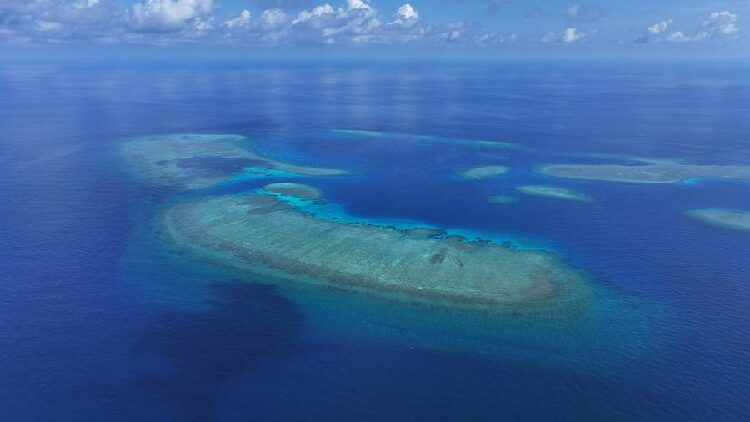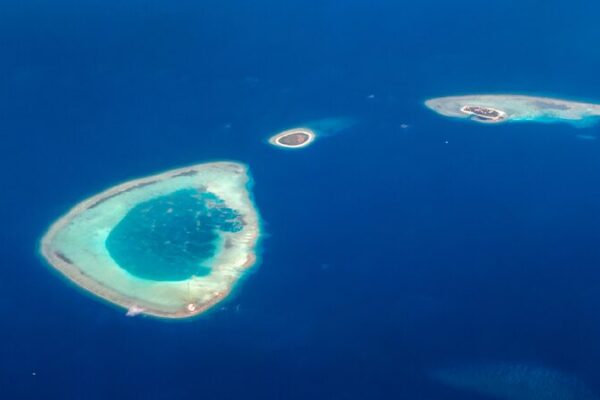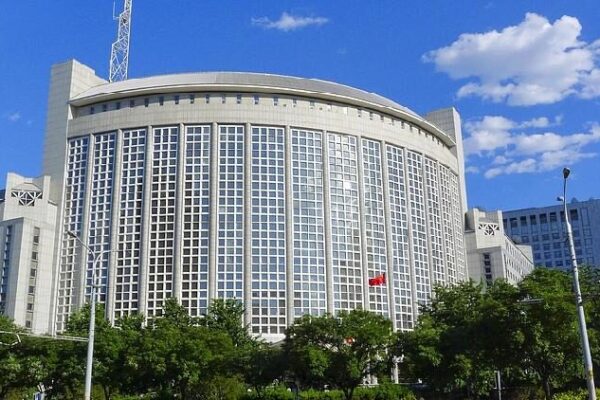Philippine President Ferdinand Marcos Jr. signed two significant maritime laws on Friday, aiming to assert the nation’s claims in the contested South China Sea. The new legislation—the Philippine Maritime Zones Act and the Philippine Archipelagic Sea Lanes Act—seek to define the country’s maritime zones and designate sea lanes within its archipelagic waters for foreign vessels and aircraft.
In a keynote speech, President Marcos emphasized that these laws are aligned with international law, specifically the United Nations Convention on the Law of the Sea (UNCLOS). “We are affirming our commitment to uphold international maritime rules and norms,” he stated.
Defining Maritime Boundaries
The Philippine Maritime Zones Act establishes the country’s maritime zones, including its territorial sea, contiguous zone, exclusive economic zone (EEZ), and continental shelf. By clearly defining these zones, the Philippines aims to solidify its rights over natural resources and enhance maritime security.
The Philippine Archipelagic Sea Lanes Act designates specific routes through which foreign ships and aircraft can navigate within the country’s archipelagic waters. These sea lanes are intended to facilitate safe and efficient passage while respecting the country’s sovereignty.
Regional Reactions
The enactment of these laws has drawn attention from neighboring countries, especially those with overlapping claims in the South China Sea. China, which asserts extensive claims in the area, has expressed concerns over the new legislation.
Chinese officials have emphasized the importance of resolving disputes through dialogue and adhering to international agreements. They urge all parties to work together to maintain peace and stability in the region.
International Law and UNCLOS
Experts note that UNCLOS provides a framework for nations to define their maritime zones and rights. However, overlapping claims and differing interpretations have led to ongoing tensions in the South China Sea.
Dr. Maria Santos, a professor of international law at the University of the Philippines, commented, “The passage of these laws is a significant move for the Philippines. It asserts our rights as outlined in UNCLOS, but it also requires careful navigation of diplomatic relations with our neighbors.”
Looking Ahead
The South China Sea remains a strategic and resource-rich area, making it a focal point of regional interest. The Philippines’ latest legislative actions highlight the ongoing efforts of Southeast Asian nations to protect their interests while balancing complex international relationships.
As the situation develops, all eyes are on how these laws will impact regional dynamics and whether they will lead to renewed negotiations or heightened tensions.
Reference(s):
cgtn.com








